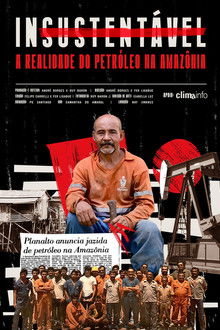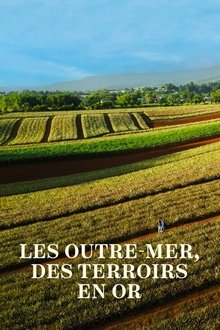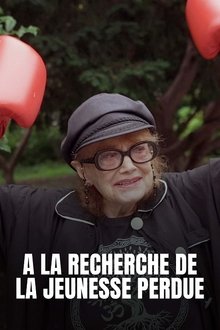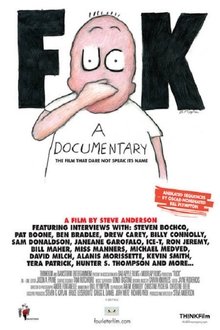Following the historically smoggy Polish winter of 2016/2017, a Warsaw father of an asthmatic son searches for answers about why air pollution continues to be a major problem in Poland - and why solving the problem is easier said than done.
Related Movies
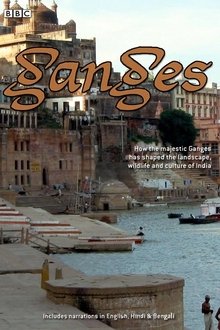
Ganges (2007)
A journey that follows the Ganges from its source deep within the Himalayas through to the fertile Bengal delta, exploring the natural and spiritual worlds of this sacred river.
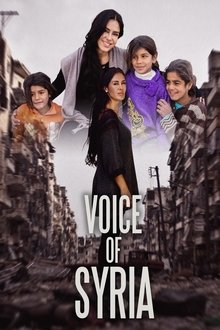
Voice of Syria (NaN)
A witness testimonial by the Syrian people with regards to what has happened to their country. It's a story told by those who couldn't leave, those who chose to stay to fight the war and those who had to leave their motherland.
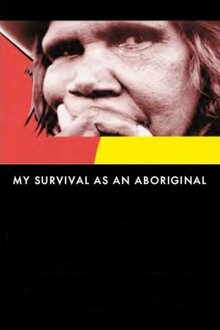
My Survival as an Aboriginal (1979)
Essie Coffey gives the children lessons on Aboriginal culture. She speaks of the importance of teaching these kids about their traditions. Aboriginal kids are forgetting about their Aboriginal heritage because they are being taught white culture instead.
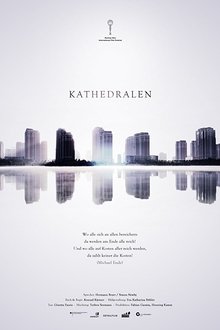
Cathedrals (2014)
The city of Ordos, in the middle of China, was build for a million people yet remains completely empty. Ordos is not so much a place but a symbol of babylonic hype. But nothing will change - as long as people believe.
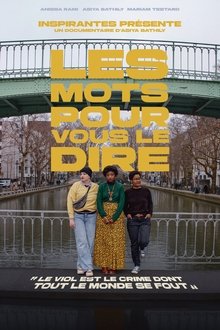
The Words to Tell You (2025)
Mariam, Asiya, and Anissa were 11, 7, and 5 years old when they were raped. The attackers were their paternal uncle, a neighborhood youth, and the nanny's son. They have no memory of the event. To protect them, their bodies developed traumatic amnesia. Years later, the memories returned, and they decided to file a complaint.

VHS Revolution (2017)
Using testimonies by pioneers and witnesses of the times, delve into the feverish visual culture the media generated – with far-fetched examples of canine television games, seduction manuals, aerobics class while holding a baby, among others.

Schlaue neue Welt - Das KI-Wettrennen (2024)
The race for supremacy in the age of artificial intelligence is on: between the USA, China and Europe. Between big tech companies and start-ups. Who will win the competition? Will Europe be left behind? And who will determine a technology that will shape the future of humanity?
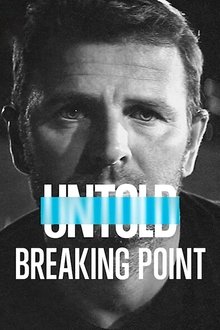
Untold: Breaking Point (2021)
Under pressure to continue a winning tradition in American tennis, Mardy Fish faced mental health challenges that changed his life on and off the court.
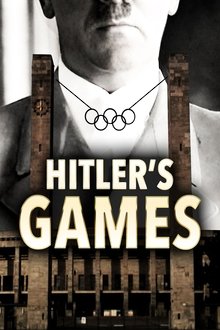
Hitler's Games, Berlin 1936 (2016)
Summer 1936 - The Berlin Olympics, organized by the Nazi regime on the eve of World War II, acted as a grand showcase for a Germany that was athletic, peaceful and rejuvenated. The violence and hate that until then had reigned in the streets of Berlin suddenly vanished. Adolf Hitler became the triumphant host of European countries he would soon try to invade or face in a deadly global conflict.
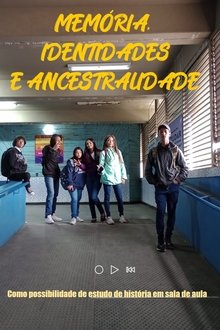
Memória, identidades e ancestralidade como possibilidade do estudo de história em sala de aula (2022)

The Gulag Archipelago: The Book That Changed Russian History (2023)
The story of Russian writer and Soviet dissident Aleksandr Solzhenitsyn (1918-2008) and his masterpiece, The Gulag Archipelago, published in Paris in 1973, which forever shook the very foundations of communist ideology.
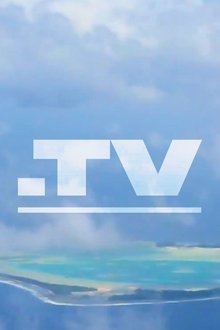
.TV (2018)
The much sought-after, two-letter web domain suffix of the title is examined as both a form of capital and an emblem of a country on the brink of a climate-induced catastrophe in this simultaneously humorous and illuminating essay film centered on the environmentally contentious Pacific Islands of Tuvalu.

Under The Shoreline (NaN)
With rising sea levels, land reclamation runs rampant in Singapore. Labrador Park is one such waterfront facing this change, and both the ecosystem and frequent fishermen have often been overlooked. This documentary seeks to explore the park's development from a scientific, economic and sociological perspective, produced in collaboration with SOTA and NUS.

India Cabaret (1985)
An exploration of the 'respectable' and 'immoral' stereotypes of women in Indian society told from the point of view of two striptease dancers in a Bombay cabaret.

Connor McDavid: Whatever it Takes (2020)
Connor McDavid: Whatever it Takes follows the most physically and emotionally challenging offseason of Connor McDavid's career. This documentary is the remarkable comeback story of one of the NHL's best players after what could have been a career ending or altering injury. A world-class medical team led by Mark Lindsay, supervised McDavid's gruelling rehabilitation program which combined advanced sport science and imaging techniques with Connor's sheer will to overcome, allowing him to return to the Edmonton Oilers lineup for the 2019-20 home opener. McDavid not only came back, but is faster and stronger than ever and having the best season of his young career. McDavid enters the 2020 All-Star break leading the NHL in scoring, and has his Edmonton Oilers in the hunt for 1st Place in the Pacific Division.
